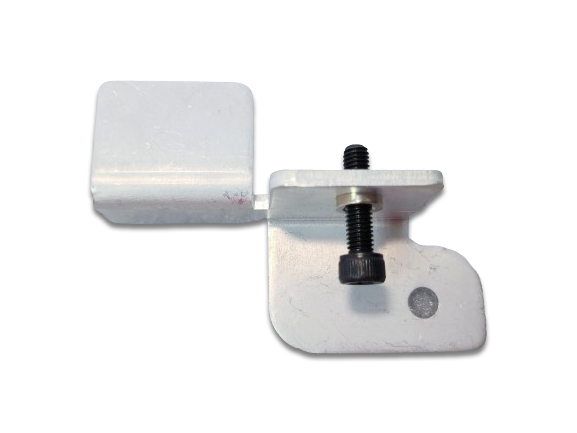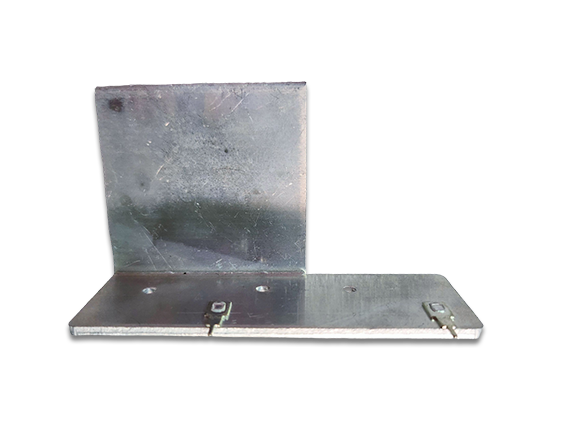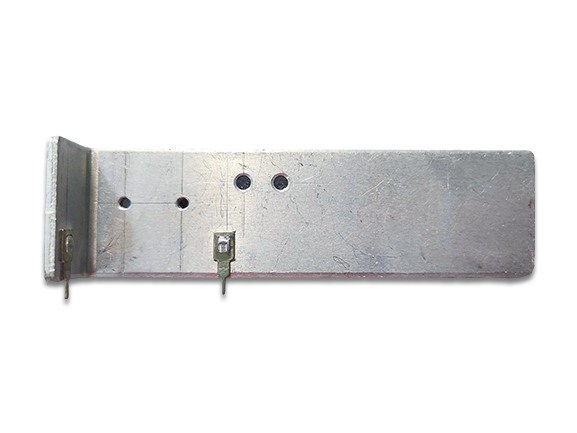 Esperanto
Esperanto
 Shqiptare
Shqiptare
 Euskara
Euskara
 Zulu
Zulu
 Latinus
Latinus
 Cymraeg
Cymraeg
 தமிழ்
தமிழ்
 Slovak
Slovak
 Slovak
Slovak
 Afrikaans
Afrikaans
PRODUCTS
Low price Porcelain heat sink
1. Material: Silicon carbide; 2. Thermal conductivity: average around 6.79w/m.k; 3. Density: 1.89, coefficient of thermal expansion: 0.000004;
Classification:
Porcelain heat sink
Key words:
Porcelain heat sink
Contact us
Product description
1. Material: Silicon carbide;
2. Thermal conductivity: average around 6.79w/m.k;
3. Density: 1.89, coefficient of thermal expansion: 0.000004;
4. Microporous ceramics have a small heat capacity and do not store heat themselves. They directly dissipate heat and do not form a "thermal ladder" like metal heat sinks, which affects heat dissipation;
5. The biggest feature is the microporous structure of the ceramic itself, which greatly increases the heat dissipation area in contact with air and greatly enhances the heat dissipation effect. Compared to other conditions, under natural convection conditions, the heat dissipation effect is better than that of ultra copper and aluminum;
6. Microporous ceramics themselves have insulation, high temperature resistance, oxidation resistance, and acid and alkali resistance;
7. Microporous ceramics can withstand high current, withstand high voltage, prevent leakage and breakdown, have no noise, and will not generate coupling parasitic capacitance with MOS and other power transistors, thus simplifying the filtering process; The required creepage distance is shorter than that required for metal bodies, further saving board space and facilitating the design and electrical certification of engineers;
8. Microporous ceramics can effectively prevent interference, resist static noise, and absorb moisture and dust, without affecting their effectiveness;
9. The multidirectional heat dissipation of microporous ceramics is more suitable for packaging IC with multidirectional heat dissipation;
10. Microporous ceramics have small volume, light weight, do not occupy space, save materials, save shipping costs, and are more conducive to the rational layout of product design;
11. Microporous ceramics are inorganic materials that are more environmentally friendly













